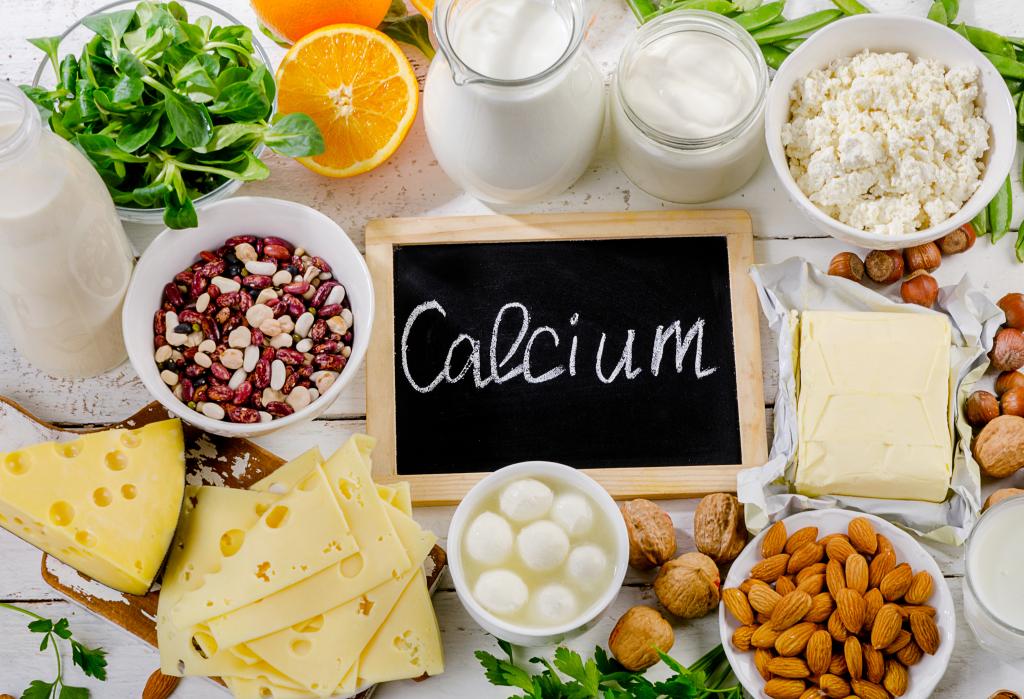
Throughout every stage of our lives, our dietary needs change and we need to adapt our eating habits to support our health and well-being.
Many women start to experience perimenopause and menopause between the ages of 45 and 55, spurring significant hormonal changes that can impact various aspects of your health, including metabolism, bone density, and cardiovascular health. Issues that weren’t a problem in your earlier life may now surface as potential problems. Making small changes to your diet can help to prevent issues in the years to come.
Eat more protein: Did you know that as we age we start to lose muscle mass and then increase the amount of fat we have in our bodies? By adding more protein into your diet you can build more muscle mass and strength – especially when it’s combined with the right type of muscle-building exercises. \
Foods high in protein can also support brain health as you age. Proteins are rich in nutrients like omega-3 fatty acids, vitamins, and minerals, which are known to support brain function and may help protect against age-related cognitive decline. For example, omega-3 fatty acids found in fish have been linked to improved memory and cognitive performance.
Protein-rich foods include: Legumes, fish, lean meats, poultry, dairy products, eggs and tofu.

Increase your calcium intake: As we age, maintaining strong bones becomes increasingly important. Research shows that there is a need to boost calcium consumption, especially for women over 50 and postmenopausal women. During menopause, declining oestrogen levels accelerate calcium loss from bones and increasing calcium intake can combat this
Calcium-rich foods include: Dairy, tofu, and calcium-rich fish like sardines and salmon. Nuts, seeds, and leafy greens are also high in calcium. Pairing these with vitamin D sources, like salmon and sunlight exposure, increases the rate of calcium absorption.
Eat less salt: Eating too much sodium in your diet can increase the risk of heart disease and hypertension as you age. Try cooking with less salt, opting for fresh herbs and spices to enhance the flavour of your meals without the health risk.
Eat the rainbow: As a dietitian, Madi is a big believer in eating the rainbow; the more colourful your plate from plant-based foods, the better! Plant food contains antioxidants, which are natural substances that can be linked to better brain function in later life, helping with memory and cognition.
Eat when you’re hungry: Many women experience weight gain around midlife, even if they maintain the same diet and activity levels as before. After menopause, oestrogen can decline (as it’s primarily produced from the ovaries), however fat cells continue to produce a small amount of oestrogen. This can sometimes be why the body increases fat stores as we age. In your 50s, you’re burning fewer calories at rest than you did when younger. It’s also attributed to various other factors, including hormonal fluctuations. As you age it’s important to eat mindfully and only eat when you’re hungry.
Reduce alcohol consumption: If you enjoy an occasional alcoholic drink, moderation is key. Alcohol can have various effects on your health, particularly during menopause. By reducing your alcohol intake, you can mitigate symptoms like hot flashes and disrupted sleep patterns commonly associated with menopause. Choosing non-alcoholic alternatives and staying hydrated with water can help you maintain a healthy balance.
We know it’s not easy to navigate the complexities of diet as we age, but with the expert guidance from a dietitian, you can ensure you’re getting the nutrition you need to thrive throughout every stage of your life.

